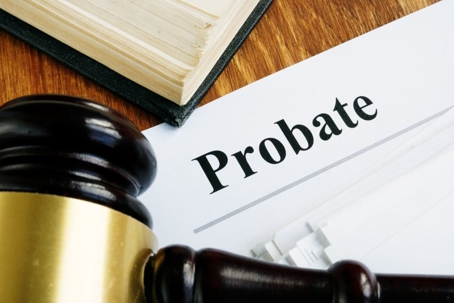The Personal Representative in a formal probate administration is responsible to address the debts of the decedent. Debt never gets transferred to someone else when you die. The debt remains the deceased person’s debt as long as no one co-signed for the debt in question. That means that the deceased person’s estate is the only one liable at death to the extent there is probate or assets to satisfy that debt.
If there is a co-borrower on a loan, the co-borrower would be liable for the full amount of the debt. Most situations where there are two people liable for a debt, the two people are jointly and severely liable for the entire amount of the debt. What that means is that both individuals who sign on a debt are liable for the entire debt. So when one person dies, the co-borrower still needs to pay the entire remaining balance.
Secured debts always get paid because they are secured by the assets they are attached to. Secured debt include mortgages, car loans, and other liens. Unsecured debts need to file in the probate case and they get satisfied to the extent there are assets to satisfy the claim. You cannot sidestep secured debts in probate but unsecured debts are easier to overcome and avoid.
A person’s estate is responsible for paying a debt when someone dies to the extent there are assets that exist that are eligible to satisfy the debt. Some assets of a decedent are exempt and creditors cannot collect from those assets. Also, creditors are required to file claims in the probate case to collect against the estate. If they do not timely file, they will lose the ability to collect.
The best way to protect your inheritance is to have an active role in the finances of the deceased before the time of their death. If you are active and knowledgeable, you can make sure they are not taking advantage of by other people and you will have a good idea of their financial condition once they pass. It is easier to deal with debt and assets if you know they exist as opposed to having to conduct an investigation after death.
Secured debts always get paid because they are secured by the assets they are attached to. Secured debt include mortgages, car loans, and other liens. Unsecured debts need to file in the probate case and they get satisfied to the extent there are assets to satisfy the claim. You cannot sidestep secured debts in probate but unsecured debts are easier to overcome and avoid.

